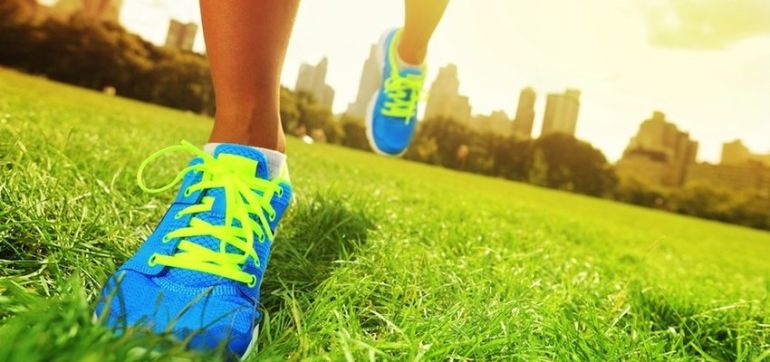How to Keep Your Muscles When Injured
What Should You Eat When Injured
Use Nutrition To Heal Injuries

The question athletes need to be asking themselves is: Do I know what foods work best for my athletic body? The truth is that there's no one-size-fits-all way of eating for sports, and every athlete is unique. However, here are some tips to get you started with injury prevention and healing.
Instructions
1.) Watch the youtube videos to get a better understanding of what to eat when injured.
2.) Click on the different links, and read the information on what food to eat when injured, to heal faster, and repair the injury.
3.) Complete the assignment, and submit into the hand in bin.
What You Will Learn
From this lesson you will learn how nutrition can help you heal when you are injured. This lesson will also tell you that you need to eat more calories depending on what type of injury (ex. a broken bone means that you will need more protein and calcium in your diet... you will have to eat 20% more calories than normal).

